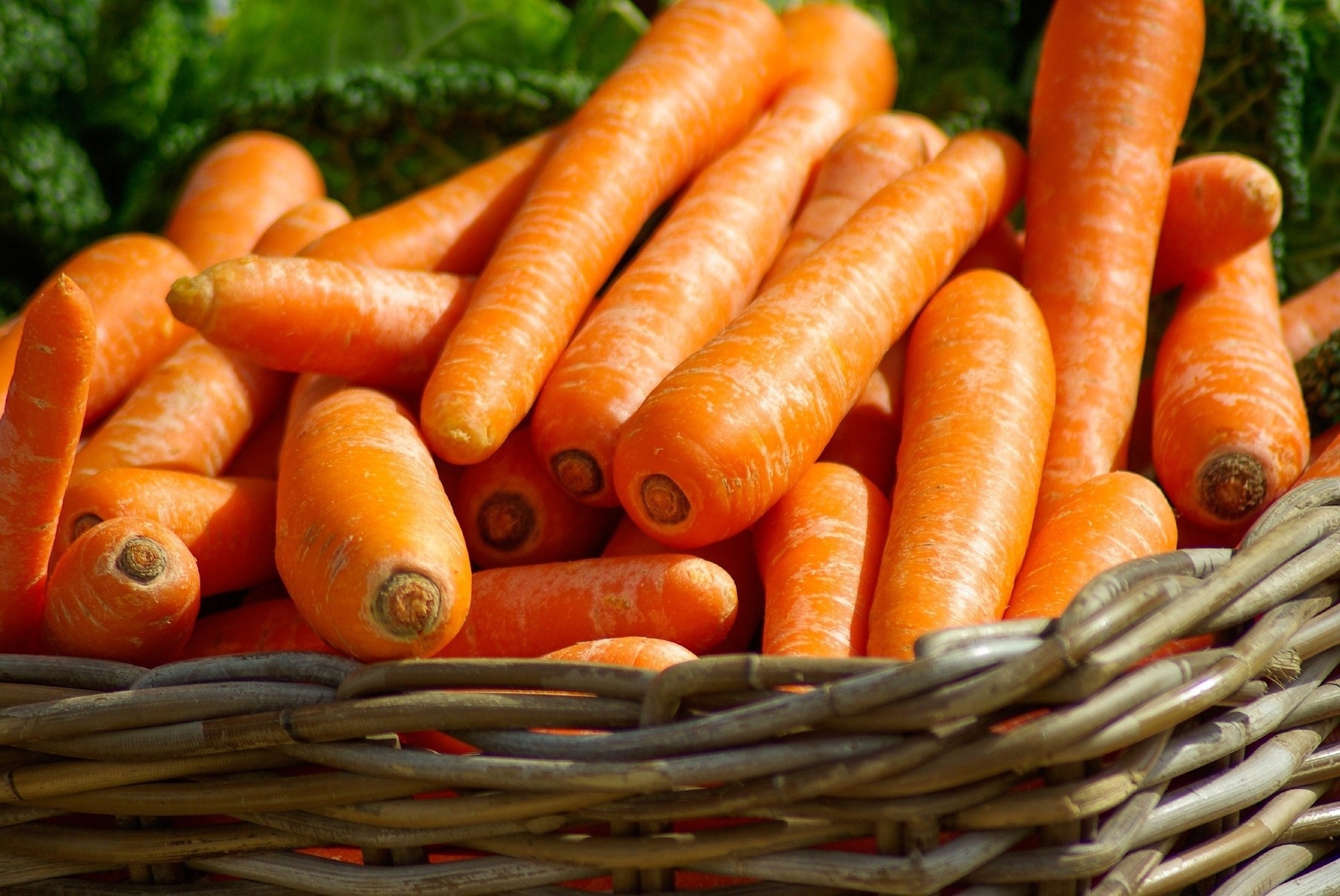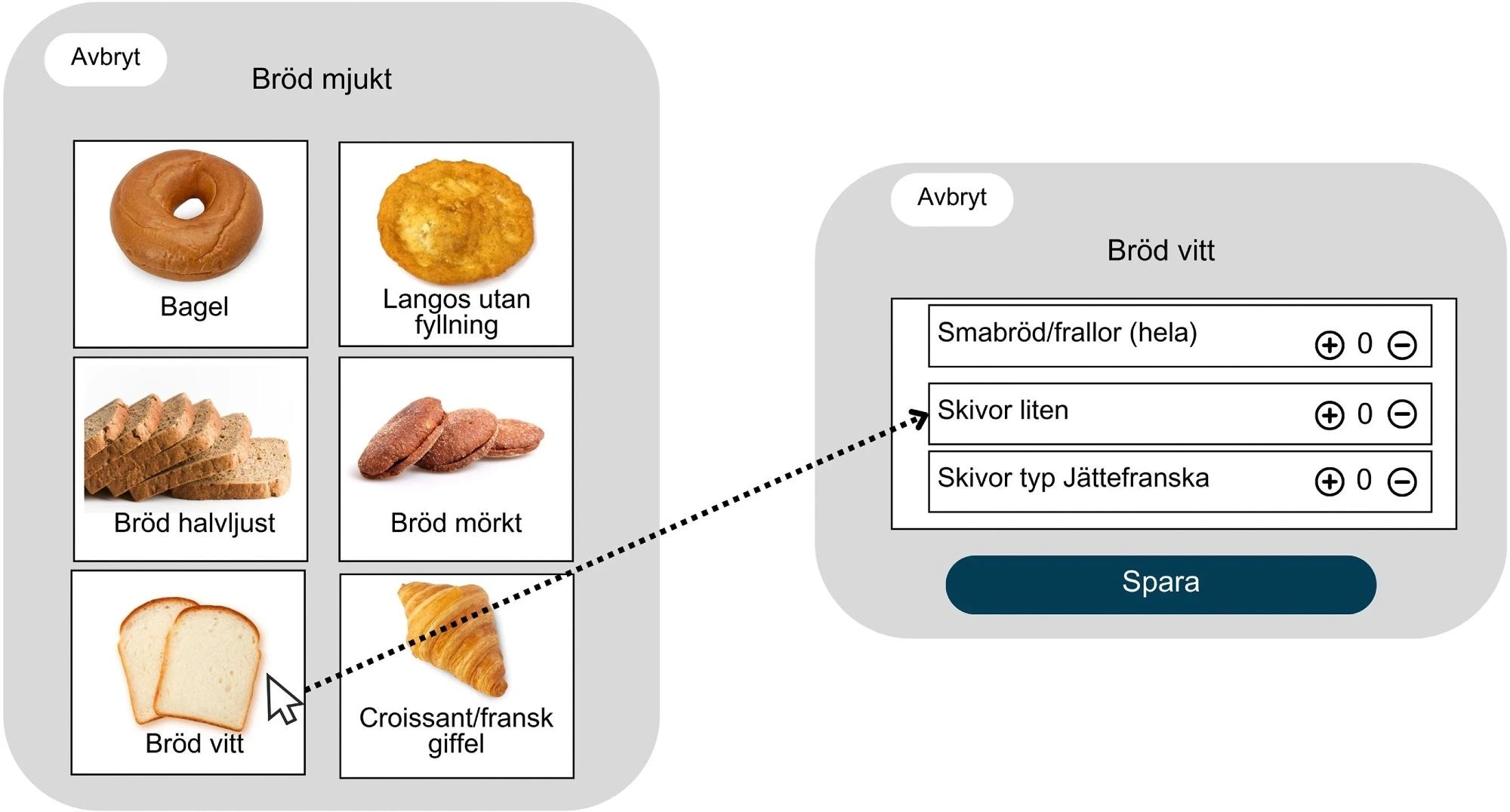Swedish researchers reveal that adolescents with higher β-carotene intake, reflecting more fruits and vegetables, experience less anxiety and better quality of life, highlighting the role of diet in youth mental health.
 Image Credit: Irenaadl / Shutterstock
Image Credit: Irenaadl / Shutterstock
Researchers at the Swedish School of Sport and Health Sciences, together with Uppsala University and Karolinska Institutet, conducted a cross-sectional study on Swedish adolescents to explore whether dietary antioxidant intake is associated with mental health outcomes. The findings are published in the European Journal of Nutrition.
Background
The ever-increasing prevalence of mental health disorders among adolescents raises significant concern as it can potentially affect their social, educational, and professional achievements. About 50% of adult mental disorders start by age 14, with the prevalence of anxiety symptoms emerging before the age of 10. The prevalence of mental disorders is more than 16% among European adolescents, which is higher than the global prevalence of 13%. The prevalence in Europe is higher among Swedish adolescents than in other Nordic countries. A drastic increase in psychosomatic complaints from 29% in 1985 to 57% in 2013 has been observed in Sweden. Psychosomatic complaints are physical symptoms, such as pain, which are triggered or worsened by psychological symptoms, such as anxiety.
Diet quality is a major lifestyle factor that can potentially influence mental health. Existing evidence suggests that a healthy diet enriched with fruits, vegetables, whole grains, nuts, seeds, and fish can reduce depression risk and improve health-related quality of life, which is defined as a person’s physical, mental, emotional, and social well-being and ability to function in daily life.
The relationship between diet and mental health is complex and bidirectional. While a healthy diet potentially improves mental health, a person’s dietary choices can be influenced by their mental health state.
Given the potential impact of diet on mental health and the rising prevalence of mental health disorders in Sweden, researchers designed this cross-sectional study to evaluate whether dietary intake of specific antioxidants is associated with mental health outcomes in Swedish adolescents.
Study design
The study included 1,139 Swedish adolescents aged 13 to 14 from 34 schools situated near the Swedish School of Sport and Health Sciences. Dietary intake data were collected using a validated web-based 3-day recall method (RiksmatenFlexDiet), and only two days of food records per participant were used for the main analysis to avoid the bias of the school visit day. Mental health outcomes, including anxiety (measured by the Spence Children’s Anxiety Scale – Short Version), psychosomatic symptoms (Psychosomatic Problems Scale), and health-related quality of life (Kidscreen-10), were assessed using self-report scales.
The study explored the mental health impact of specific antioxidants, including vitamin C, vitamin E, and β-carotene (a precursor to vitamin A), because they can reduce oxidative stress and inflammation linked to mental health issues.
 Visual representation of some of the bread options and portions in RiksmatenFlexDiet. The left panel shows the main categories of soft bread, including bagels, langos (a Hungarian fried bread), medium-light bread, dark bread, white bread, and croissants/French rolls. The right panel shows subcategories of white bread, allowing users to choose between small rolls, small slices, or large slices (“Jättefranska”). Users can add or remove items using the “+” and “−” buttons and save their selection by pressing “Spara” (Save)
Visual representation of some of the bread options and portions in RiksmatenFlexDiet. The left panel shows the main categories of soft bread, including bagels, langos (a Hungarian fried bread), medium-light bread, dark bread, white bread, and croissants/French rolls. The right panel shows subcategories of white bread, allowing users to choose between small rolls, small slices, or large slices (“Jättefranska”). Users can add or remove items using the “+” and “−” buttons and save their selection by pressing “Spara” (Save)
Study findings
The study found that adolescents in the highest tertile of β-carotene intake reported significantly lower anxiety, fewer psychosomatic symptoms, and better health-related quality of life compared to those in the lowest tertile. The participants with the highest vitamin C intake reported fewer psychosomatic symptoms than those with the lowest intake. The study could not find any significant association between vitamin E intake and any of the tested mental health outcomes, including anxiety, psychosomatic symptoms, and health-related quality of life, after adjusting for potential confounders (gender, BMI standard deviation score, and total energy intake).
In gender-stratified analysis, the study found some gender differences: girls in the middle tertile of vitamin E and β-carotene intake had significantly fewer psychosomatic symptoms than girls in the lowest tertile, and girls in the highest tertile of β-carotene intake had better health-related quality of life. Boys in the highest tertile of vitamin C intake had fewer psychosomatic symptoms. However, most gender interactions were not significant, except for some specific outcomes in the middle tertiles.
By analyzing the summative vitamin intake score (number of vitamins meeting the Nordic Nutrition Recommendations) and mental health outcomes, the study found that higher vitamin intake scores were significantly associated with fewer psychosomatic symptoms in the entire study population and among boys, but not among girls. No significant associations were observed for anxiety or quality of life with the intake score.
Study significance
The study finds that higher intake of β-carotene is associated with lower anxiety, fewer psychosomatic symptoms, and better health-related quality of life among Swedish adolescents. A higher intake of vitamin C was only associated with fewer psychosomatic symptoms. No significant associations were found for vitamin E. The findings suggest that β-carotene intake may reflect a diet high in fruits and vegetables, as β-carotene is a reliable dietary marker for these food groups, which have themselves been linked to better mental health in adolescents. β-carotene's free-radical scavenging and anti-inflammatory properties may be responsible for the observed mental health benefits.
Besides β-carotene, the study finds a specific correlation between vitamin C intake and improvement in psychosomatic symptoms, suggesting that vitamin C may have a more pronounced effect on physical symptoms of psychological distress rather than overall mental health outcomes. The study could not find mental health-promoting effects of vitamin E, which aligns with previous studies.
Limitations include reliance on self-reported dietary and mental health data (potential for recall and reporting bias), absence of blood antioxidant measurements, unmeasured supplement use (though national estimates suggest low use), and the crucial cross-sectional design, which cannot determine causality or directionality of associations. The findings may also not generalize beyond Swedish/Nordic adolescents.
Journal reference:
- Pensa, M., Kjellenberg, K., Heiland, E., Ekblom, Ö., Nyberg, G., & Helgadóttir, B. (2025). Associations between antioxidant vitamin intake and mental health in Swedish adolescents: a cross-sectional study. European Journal of Nutrition. https://link.springer.com/article/10.1007/s00394-025-03701-1